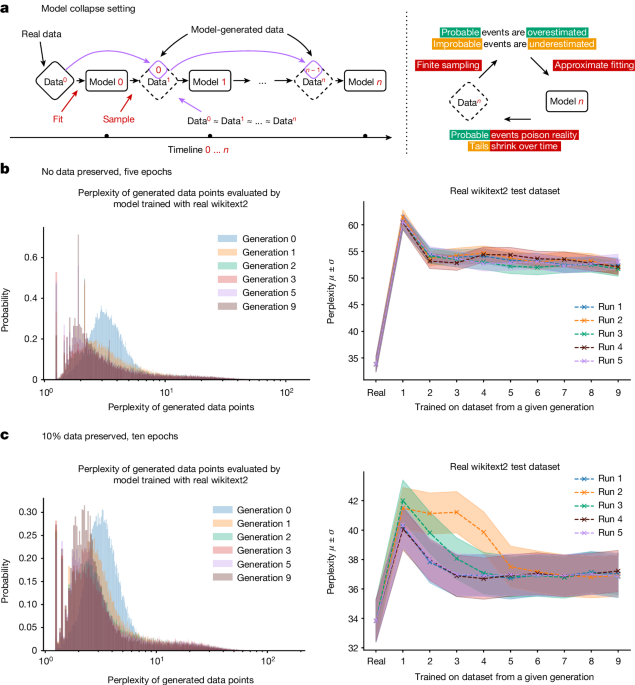
17 cringe-worthy Google AI answers demonstrate the problem with training on the entire web
From dangerous medical advice to extremist disinformation.
AI may kill us all just not in the way you might think. It’ll just be people blindly following its advice on how to glue your cheese to your pizza, how many rocks to eat, and generally spreading conspiracy theories and satire as though they were real.
I can’t wait for it to be trained on our forum and to have an opinion on the correct use of “thusly” in the context of computing.











